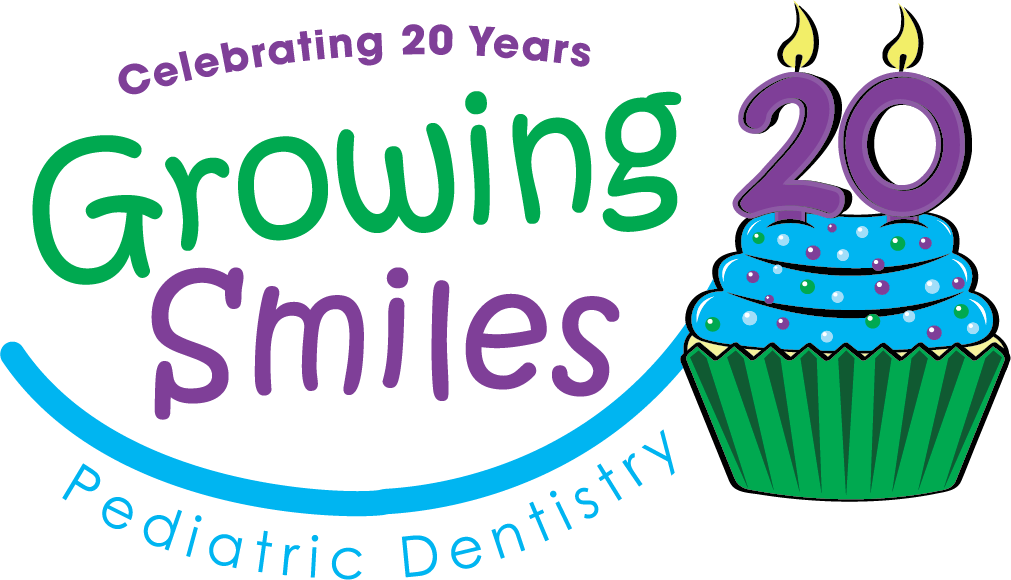QUICK & HELPFUL INFOrMATION
FREQUENTLY ASKED QUESTIONS
PEDIATRIC DENTISTRY IN BEL AIR and WHITE MARSH
GROWING SMILES LOCATIONS
BEL AIR OFFICE
2012 S. Tollgate Rd., Suite 212
Bel Air, MD 21015
Phone: 410-569-6700
Fax: 410-569-6718
White Marsh Office
11570 Crossroads Cir., Suite 116
White Marsh, MD 21220
Phone: 410-697-9000
Fax: 410-697-9040
